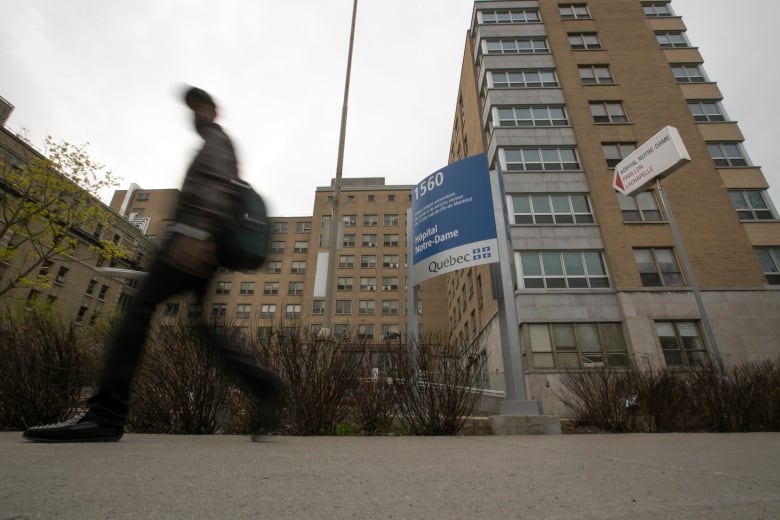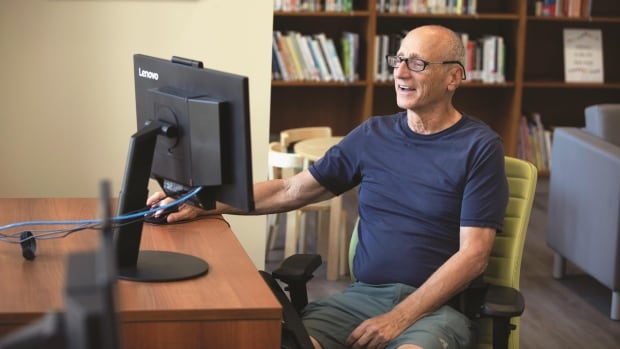
Quebec’s social services minister touted three new measures aimed at decreasing the use of hospitalization for mental health patients in downtown Montreal.
Social Services Minister Lionel Carmant said Monday the measures, which have been rolled out in recent months as part of a pilot project, “make it possible to bring care closer to people,” and support patients’ recovery in their living environment.
They are part of the Legault government’s $1-billion mental health action plan which covers the years 2022 to 2026.
“What makes me most optimistic is seeing the positive response from patients and their families, the positive response from the teams and the positive response from the doctors,” Carmant said.
Notre-Dame Hospital pilot project
The three measures include a “brief psychiatric intervention unit” located in Notre-Dame Hospital, a home psychiatric hospitalization service and a community support team.
The idea behind the “brief psychiatric intervention” unit is to treat people experiencing an acute psychotic episode who would benefit from a short stay in hospital.
The Notre-Dame Hospital intervention team is made up of 10 people including psychiatrists, nurses, social workers, patient attendants and pharmacists. The unit would offer 24-hour surveillance before releasing patients to receive follow-up care at home.
Patients who qualify for psychiatric hospitalization at home would receive treatment at their residence during the day and evening, seven days a week.

The community support team — made up of social workers, occupational therapists and a nurse — treats patients at their home as they recover from a mental health crisis.
Notre-Dame Hospital serves a population that is in socioeconomic difficulty, said Dr. Stéphane Proulx, chief of the psychiatric emergency unit at Notre-Dame Hospital, alluding to issues that he says “changed the city and emergency rooms” in recent years like drug addiction caused by opiates and stimulants like amphetamines and crystal meth.
The measures announced Monday won’t address the problem fully, but they’re part of the answer and there is still much to do, Dr. Proulx said.
“We are talking about people who have suicidal crises, adjustment disorders, who have major depression, but for whom we can avoid an internal stay,” he said.






